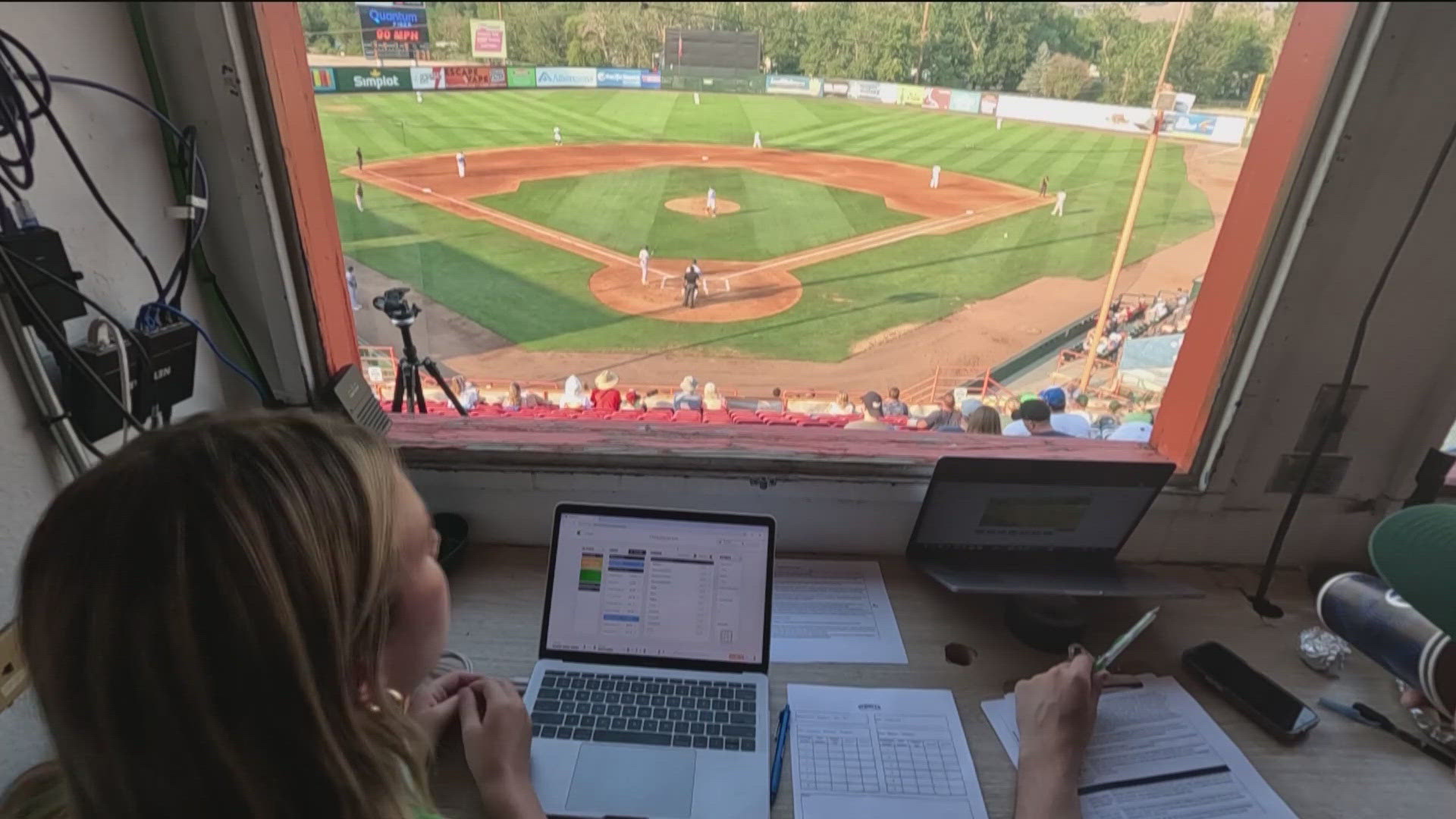BOISE, Idaho — In the world of baseball, there has always been a divide when it comes to implementing technology. Right now, a computer system could easily replace an umpire, but most managers don't want to see that.
Instead, the Pioneer Baseball League and the Boise Hawks have found a happy medium.
Players can now challenge ball and strike calls made by an official, meaning when it's a make-or-break call, they are no longer at the mercy of one set of eyes.
While the action unfolds on the field, there's plenty going on inside the press box. From play-by-play on the radio broadcasts, to official stat keeping, to staff that runs the video board.
There's now a new job. A black box on the roof of Memorial Stadium's box was made by a company called Trackman and it offers real-time ball-flight tracking.

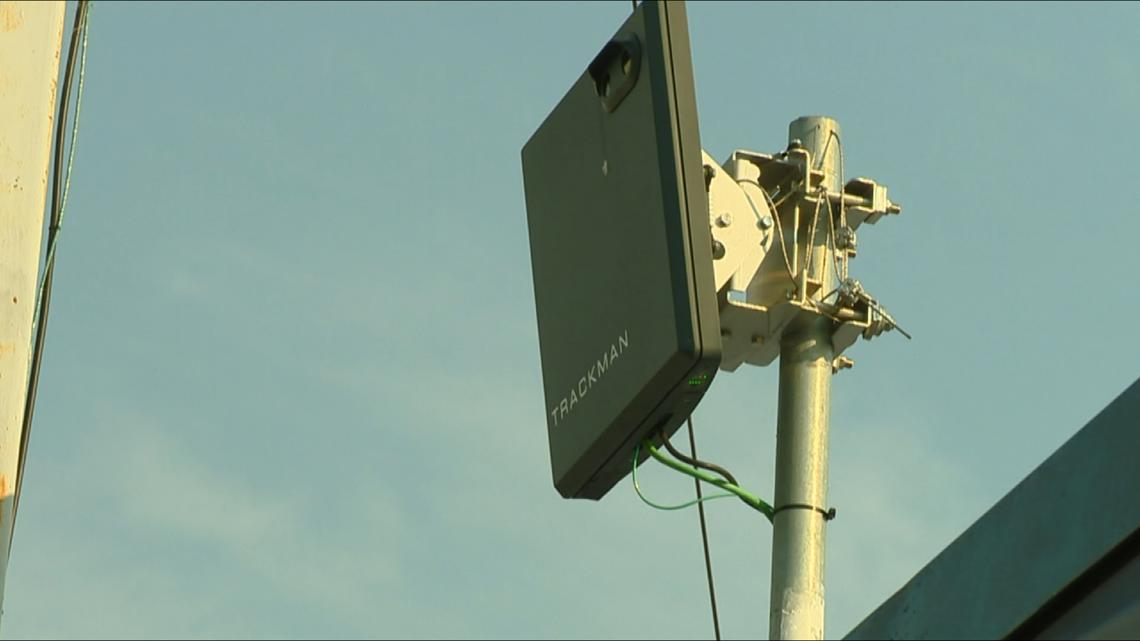
"I just look at my screen and then I get a clear picture of the zone and I can just identify whether it's a ball or a strike," said Peyton Van Tol, the Hawks' director of analytics and player performance.
Multiple pro leagues, including Major League Baseball, are using Trackman for real-time analysis – things like speed, spin rate and pitch location. But the Pioneer League is one of the few that allows players to challenge ball and strike calls made by the umpire.
"It's a little bit of a guinea pig league, so I think the guys are kind of adjusting to it," Van Tol said.
Van Tol is in charge of analyzing pitch data and making the final call – which sounds stressful – but calls are typically pretty clear cut.
"As soon as the challenge is made, we can usually confirm or deny it in like two seconds," Van Tol said.
This happens seamlessly, without slowing down the game. A player – either the batter, pitcher or catcher – signals a challenge by tapping their head.
The strike zone is analyzed and the call is either confirmed or overturned. If it's inconclusive, the umpire's initial call stands. Teams can issue three unsuccessful challenges per game, with a maximum of six total challenges.

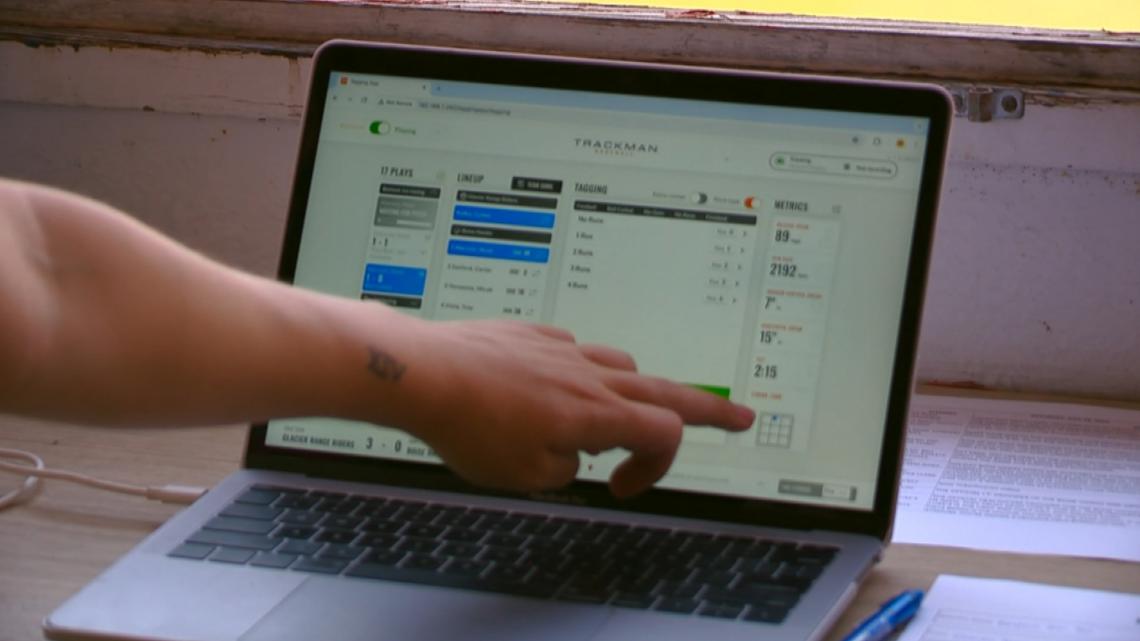

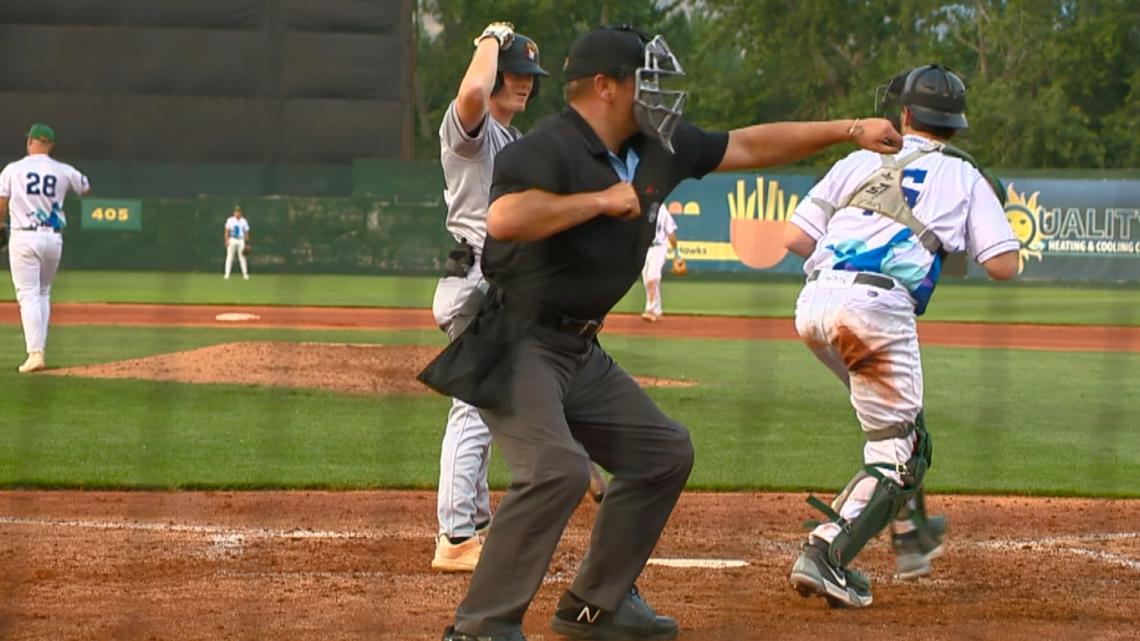
After a half season of use, teams have adopted their own strategies.
"We try and use them on like, if it's gonna be a ball four or a strike three, somewhere where it's gonna determine the outcome of an at-bat," Boise catcher Nicholas Klemp said.
On defense, the Hawks like to reserve the challenges for their catchers. After all, they have the best view.
"You don't want to have selfish challenges – first pitch of an at-bat, first pitch of an inning – it's a long game," Klemp said. "We gotta save them for, you know, kind of crucial moments of the game."
On offense, any player has the green light, but Boise aims to keep challenges strategic and unemotional.
"You don't have a lot of time to think about it, really you have two seconds to let the umpire know," Boise Hawks manager Gary Van Tol said. "All of our guys have emotions and they're in the heat of battle and we want to do everything that we can. I think all of our guys are learning how to better use those decisions in critical situations."
Although the technology is there, baseball has been hesitant to entirely remove human error from umpiring.
"The idea of a robo umpire, I'm not a big fan of, I think that human element definitely is a part of the game that makes the game special and emotional," Gary Van Tol said.
Players and coaches see the Strike Zone Challenge as a good step forward, improving umpire accountability and keeping game-changing calls somewhat in their own hands.
"You gotta keep an open mind and it's league's like this that can be those experimental leagues to get good information and get good data to help make the best decisions to make this game even better than it is," Gary Van Tol said.

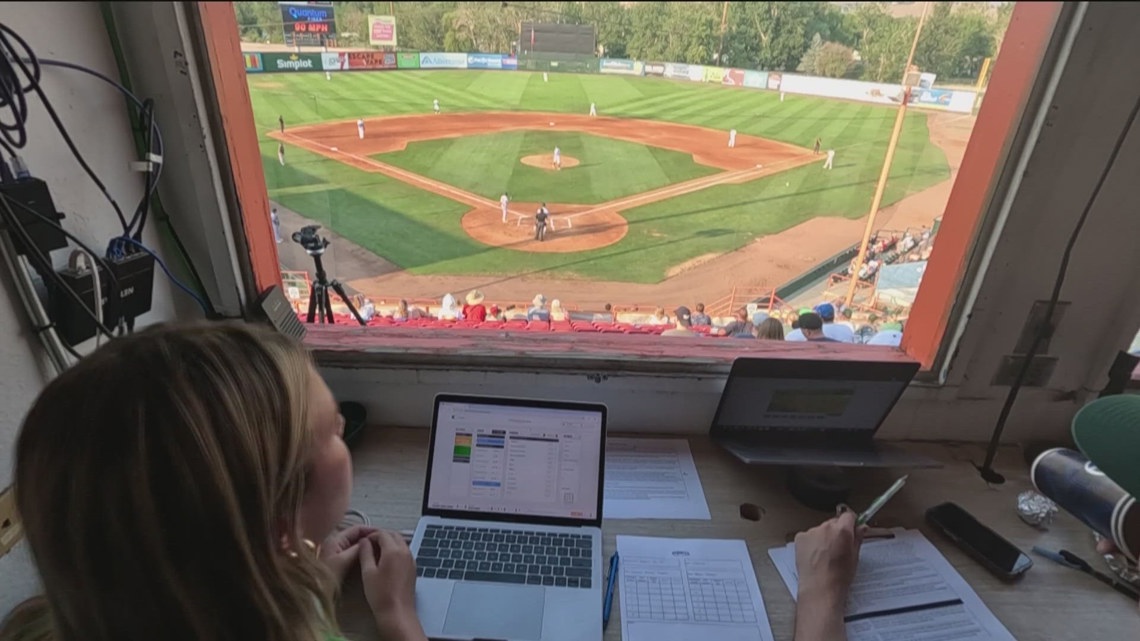
This is not only being used by the Pioneer League, but the Triple-A minor leagues have also adopted the rule change. With all the data gathered on the experiment, it's to be seen whether this rule ends up in the big leagues.
Boise was just a few games shy of clinching a first half playoff spot, finishing with a 25-23 record and fifth out of the league's 12 teams. The Hawks kick off the second half of the season Tuesday night at Great Falls, the first contest in a six-game series against the Voyagers.
The Hawks then visit the Glacier Range Riders for six matchups starting July 23, before returning to Memorial Stadium to host rival Idaho Falls from July 30 to Aug. 4, and Billings from Aug. 6 to Aug. 11.

